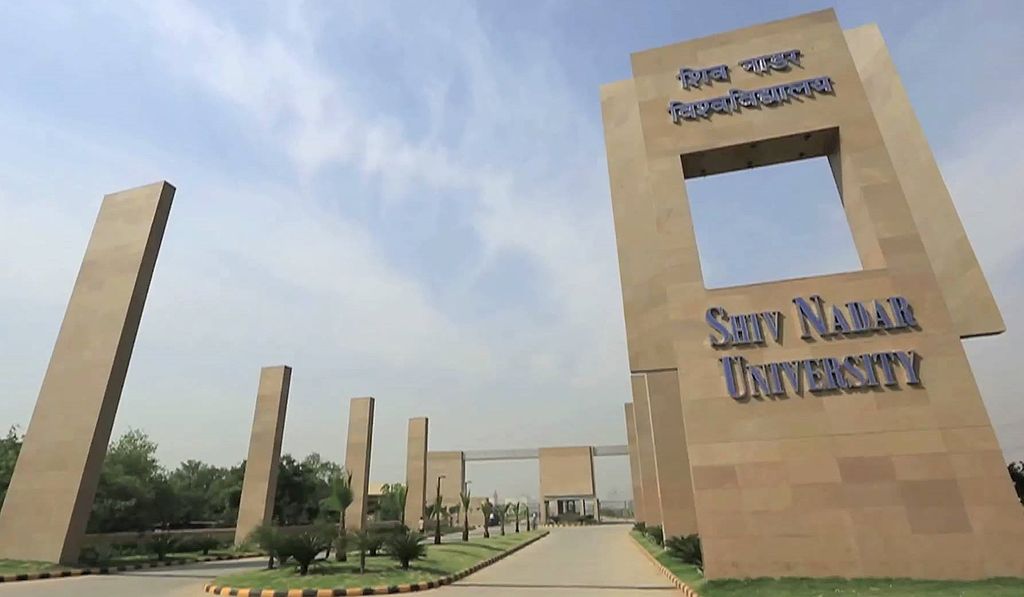Shiv Nadar University Faculty Member Becomes Fellow of Royal Society of Chemistry, UK
New Delhi: Shiv Nadar University Associate Professor and Head, Department of Chemistry, Dr. Parthapratim Munshi, has joined the Royal Society of Chemistry (RSC), UK, as a Fellow. Dr Munshi was invited by the world’s leading chemistry community through its ‘Leaders in the Field’ scheme – which identifies outstanding individuals in the chemical sciences – for his significant contributions in the field, particularly in the area of Organic multifunctional materials and several other notable research.
“It is a great honour for me to accept this invitation. I am excited to work with the world’s brightest minds in the field of chemical sciences and to meaningfully support the mission of the Royal Society of Chemistry”, said Dr. Parthapratim Munshi.
Shiv Nadar University’s Vice-Chancellor, Dr. Rupamanjari Ghosh, said: “Parthapratim is the first member of SNU’s Chemistry Department to become a Fellow of the Royal Society of Chemistry. It is truly a special recognition of his outstanding work, of which all of us at SNU are extremely proud.”
Dr. Parthapratim Munshi is an acclaimed chemical scientist and crystallographer who has published research papers extensively in international journals published by RSC, IUCr, Elsevier, ACS etc. and presented his work across the world. After finishing his Ph.D. from the Indian Institute of Science, Bengaluru, Dr. Munshi carried out his Postdoctoral research at the University of Western Australia (2005-08), and was subsequently awarded the prestigious Marie Curie International Incoming Fellowship to work as a Postdoc (2008-10) at the Nancy University in France. Prior to joining SNU in 2013, he worked as a Research Scientist (2011-13) at the Oak Ridge National Laboratory in Tennessee, USA.
Founded in 1841, the Royal Society of Chemistry is a London-based, global learned society (professional association) with the goal of “advancing the chemical sciences”. It partners with industry and academia, advises governments on policy, and promotes talent, collaboration, innovation, information, and ideas that lead to great advances in science.

